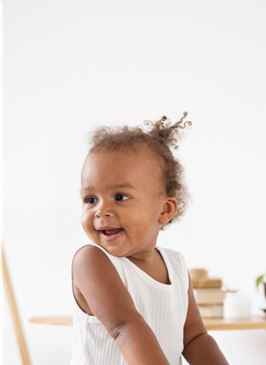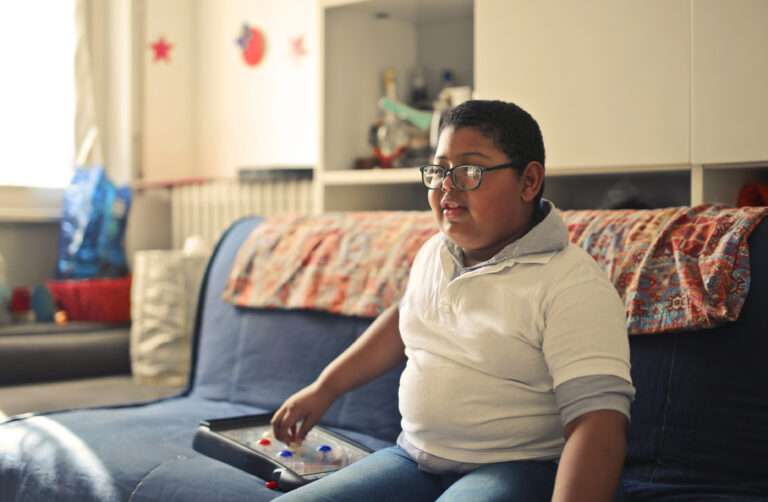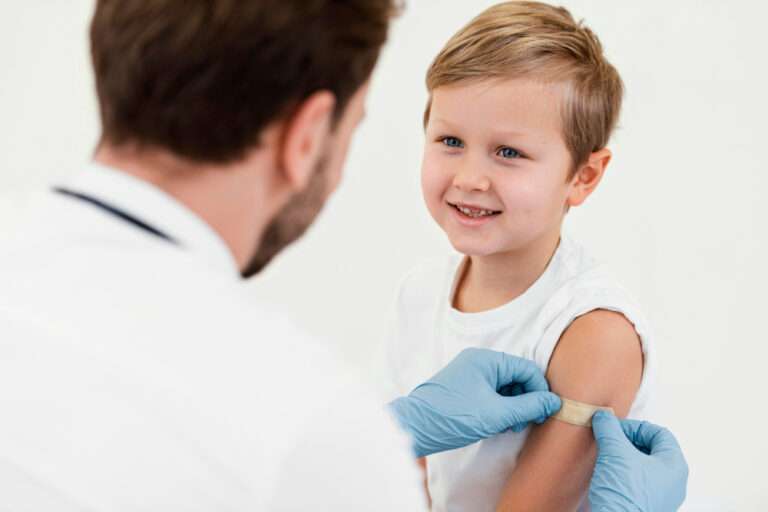Is It Safe to Let Others Hold Your Newborn? Essential Germ-Proofing Tips Every Parent Needs!
Introducing a newborn to social settings requires careful planning, particularly in the first months of life when their immune system is still developing. In general, limiting contact with others and adopting strict hygiene measures are vital during the early stages to protect against germs and viruses.
When to Introduce Your Baby to Social Interactions
Pediatric guidelines generally recommend that you restrict close physical interaction with others for the first two months. During this period, infants are especially vulnerable to illnesses like respiratory syncytial virus (RSV), the flu, and other infections. Because an infant’s immune system matures gradually, they become better equipped to handle exposures around six months, with some additional protection if they’ve received vaccines on schedule, such as the whooping cough vaccine at two months (critical for guarding against pertussis) and other key vaccines to prevent severe infections. Vaccination of caregivers and family members, particularly against flu and COVID-19, can also reduce risks for babies unable to receive these vaccines directly.
Hygiene and Germ Prevention Tips
To reduce your baby’s exposure to germs, emphasize regular handwashing and proper hygiene with anyone handling the infant. Visitors should wash hands thoroughly with soap and water or use alcohol-based hand sanitizers, as hands are the primary mode of germ transmission. Avoid public places when possible, especially during peak seasons for flu and RSV (fall and winter), and discourage touching of the baby’s hands and face. Ensure your baby’s environment, particularly frequently touched surfaces, is sanitized regularly.
Additional protective measures include:
- Limit close contacts: For unvaccinated or elderly family members, consider video chats over in-person visits or meeting outdoors. Avoid contact with anyone showing signs of illness, even minor symptoms, as viruses can spread before people feel visibly unwell.
- Wear a mask: If family members have been exposed to illness or live in high-risk environments, wearing masks around the baby is advisable, especially during peak cold and flu seasons.
- Ventilation: Keeping rooms well-ventilated, particularly with outdoor air circulation, minimizes airborne virus transmission risks.
When to Seek Medical Attention
Infants with a fever (100.4°F or higher) require immediate medical evaluation, as it’s challenging to distinguish between viral and bacterial infections at this stage. Medical professionals may recommend hospital evaluation, including tests, to rule out severe infections in infants under two months. Early intervention with fever and any signs of respiratory difficulty is crucial.
Balancing Social Benefits and Caution
While germ prevention is a primary concern, gradual socialization can benefit a baby’s emotional and developmental health. Short, controlled visits from immediate family or close friends who are healthy, vaccinated, and willing to follow hygiene precautions can offer emotional support to both the baby and the parents. Newborn parents may feel pressured to allow visitors, so setting boundaries is key to maintaining peace of mind and protecting your baby.
When managing visitor expectations, consider both emotional benefits and practical health needs. Outdoor gatherings, especially with masked adults, or limiting visits to close family can be lower-risk ways to incorporate social exposure without compromising the baby’s health.
In summary, waiting until around two to six months and following these hygiene practices can help keep your baby safe while supporting their social and developmental needs. Remember to consult with your pediatrician for guidance specific to your baby’s health, and establish a comfort level with visitors that aligns with your family’s needs and situation.
For detailed, up-to-date advice, reviewing sources like Cleveland Clinic, South Boston Community Health Center, and reputable health resources will provide additional insights into best practices for infant care and social interactions.
------------From our Sponsors------------








